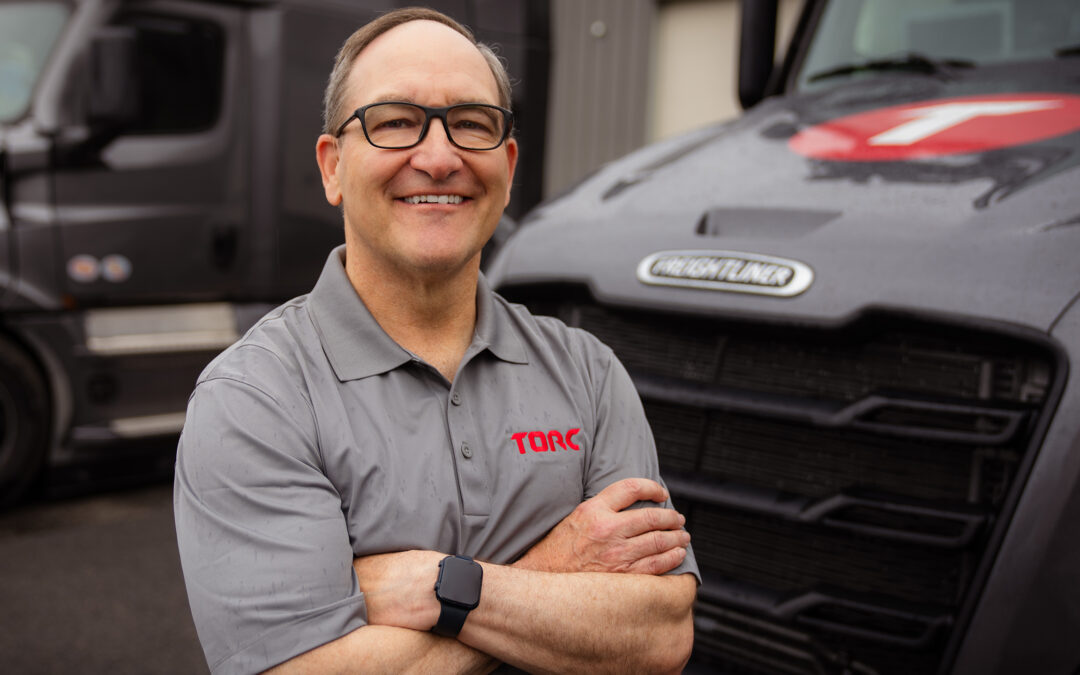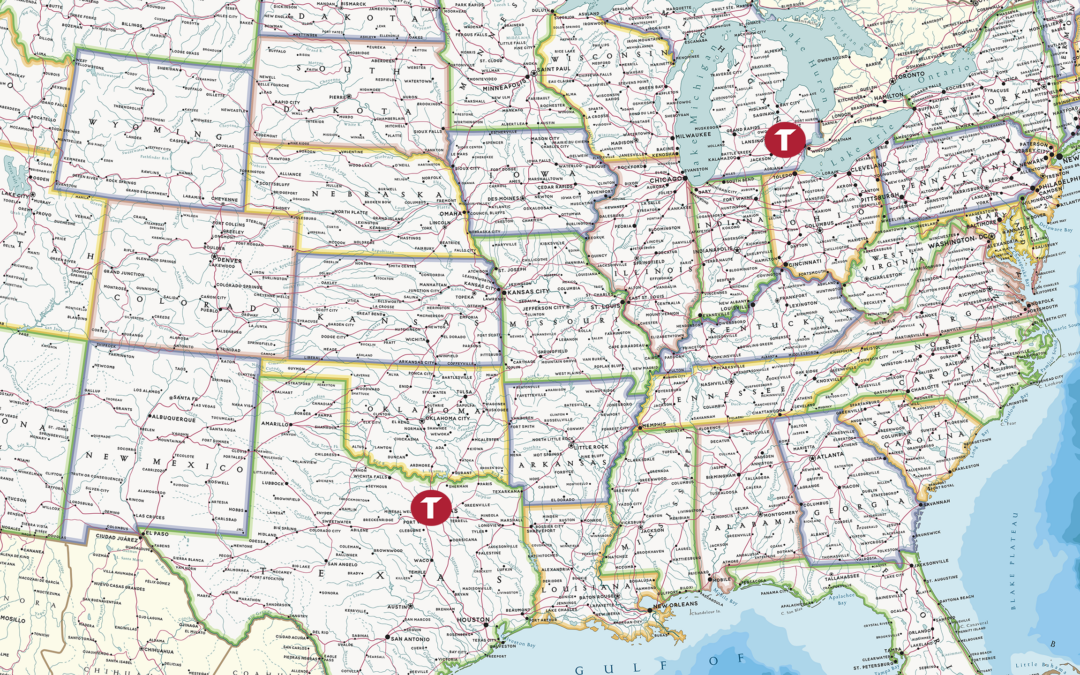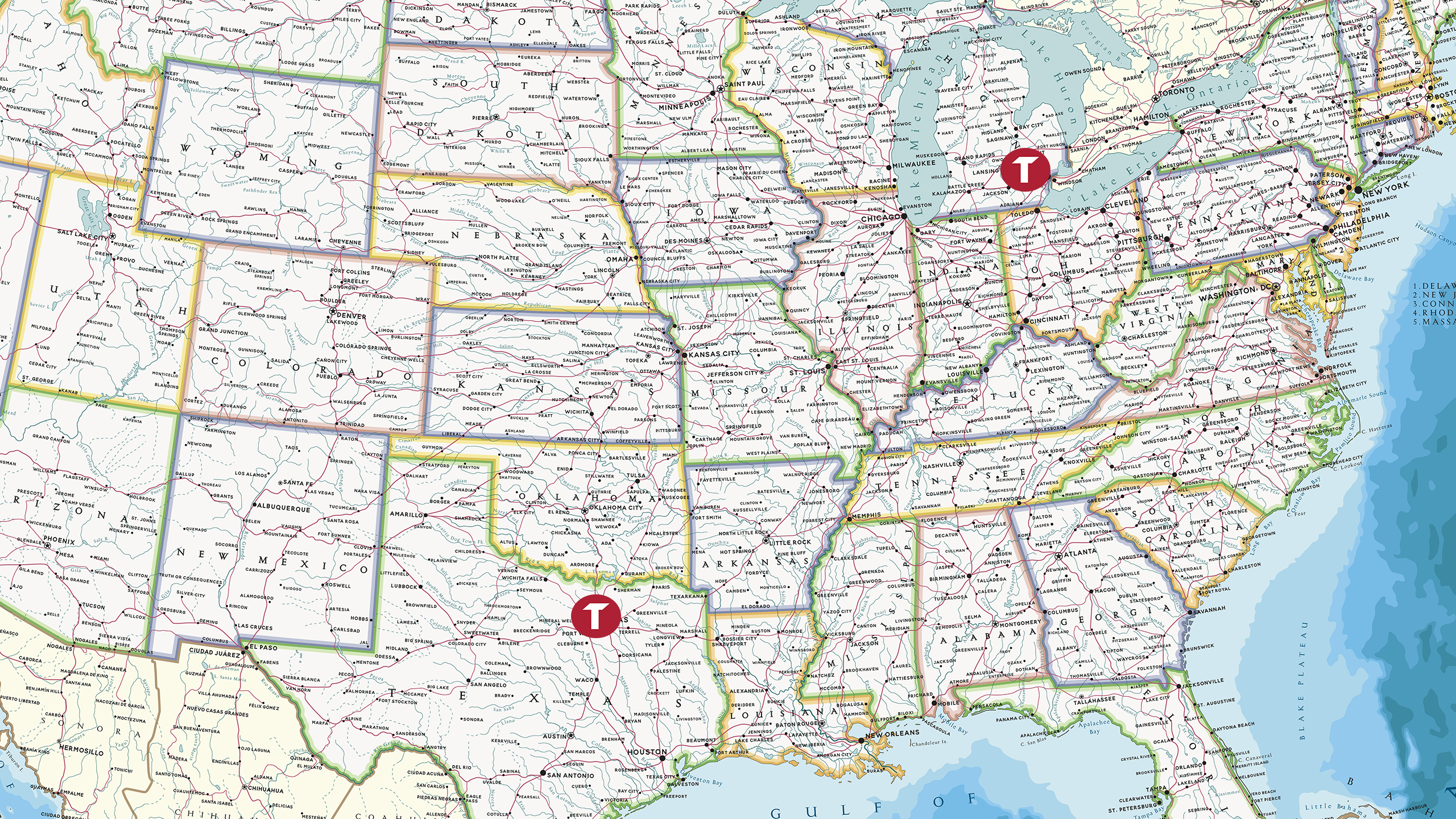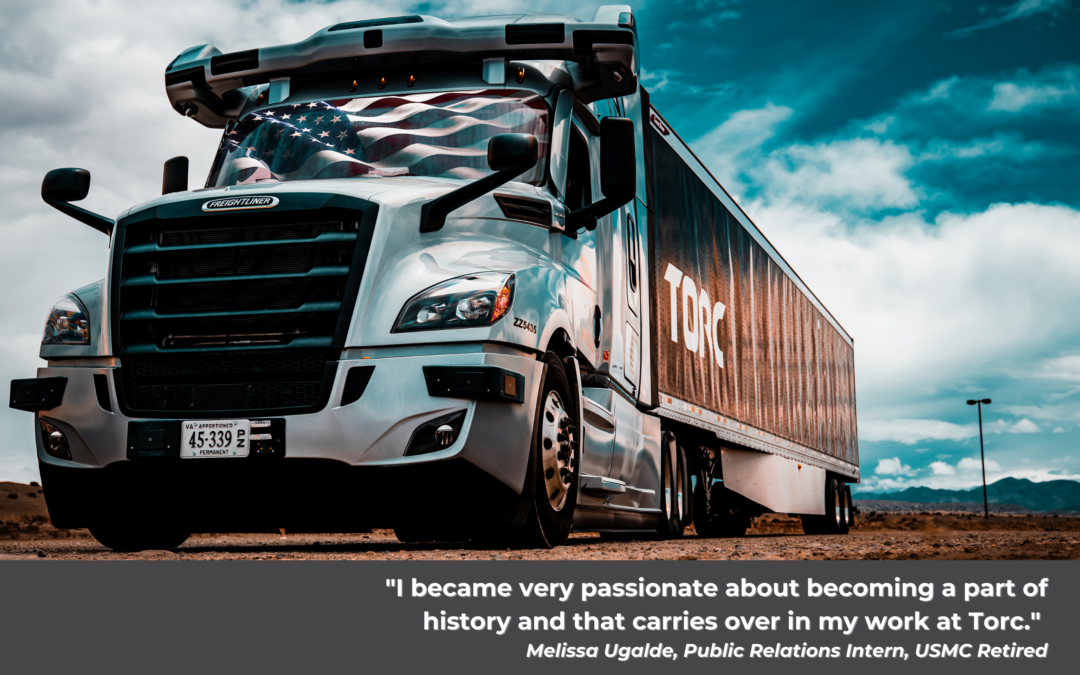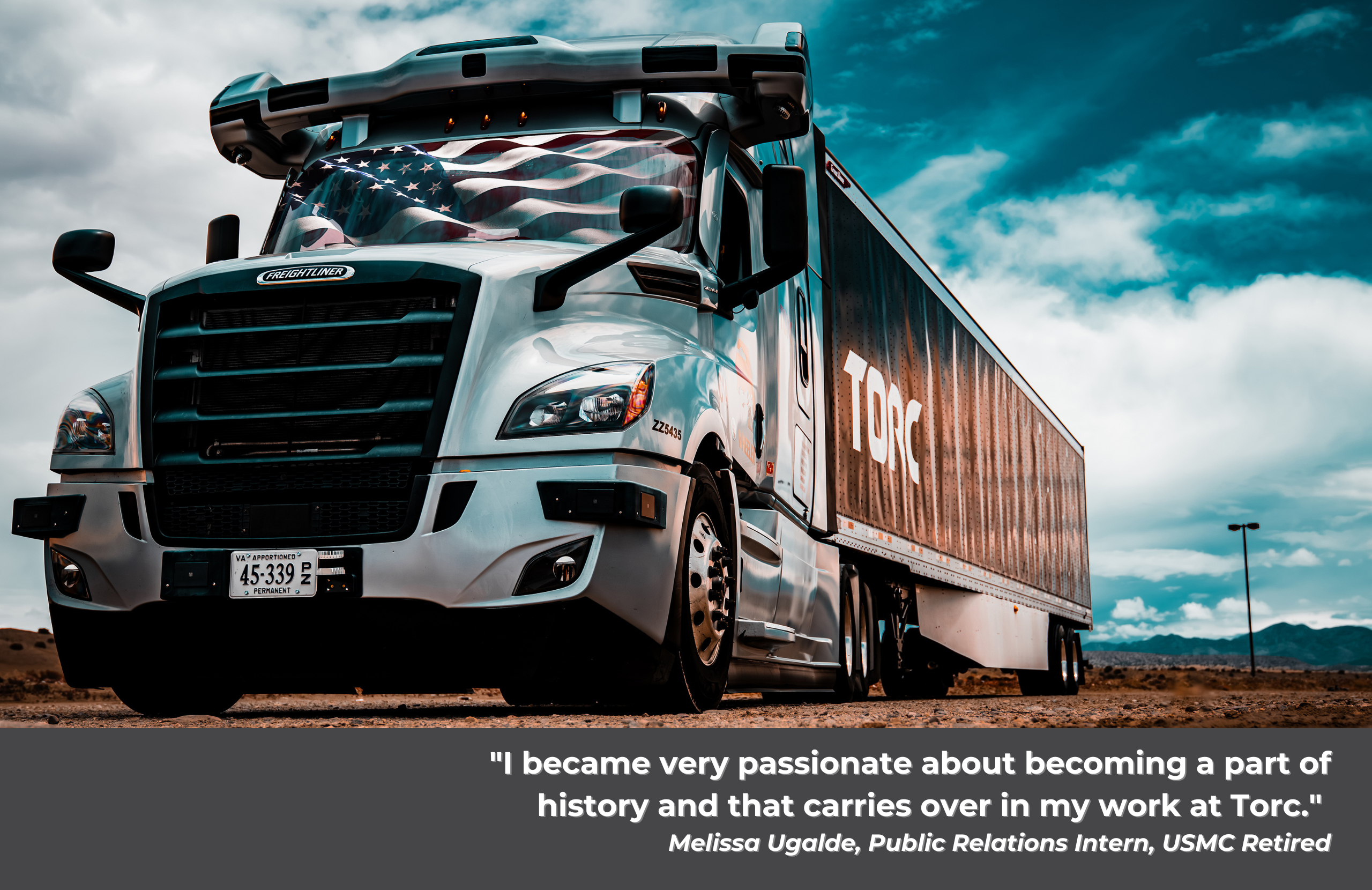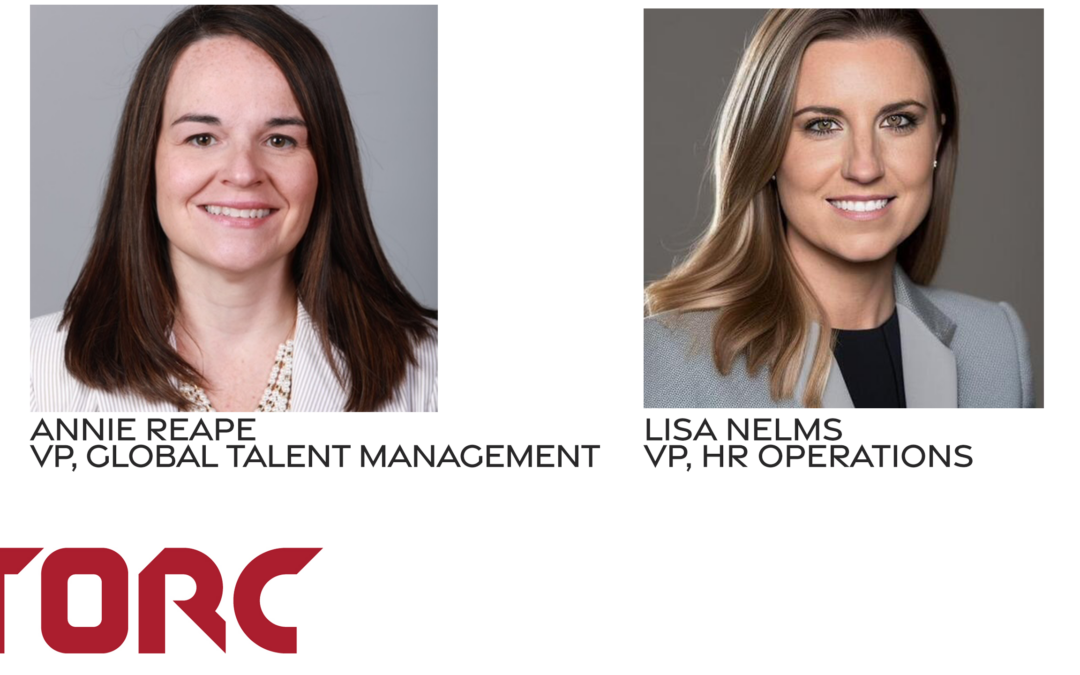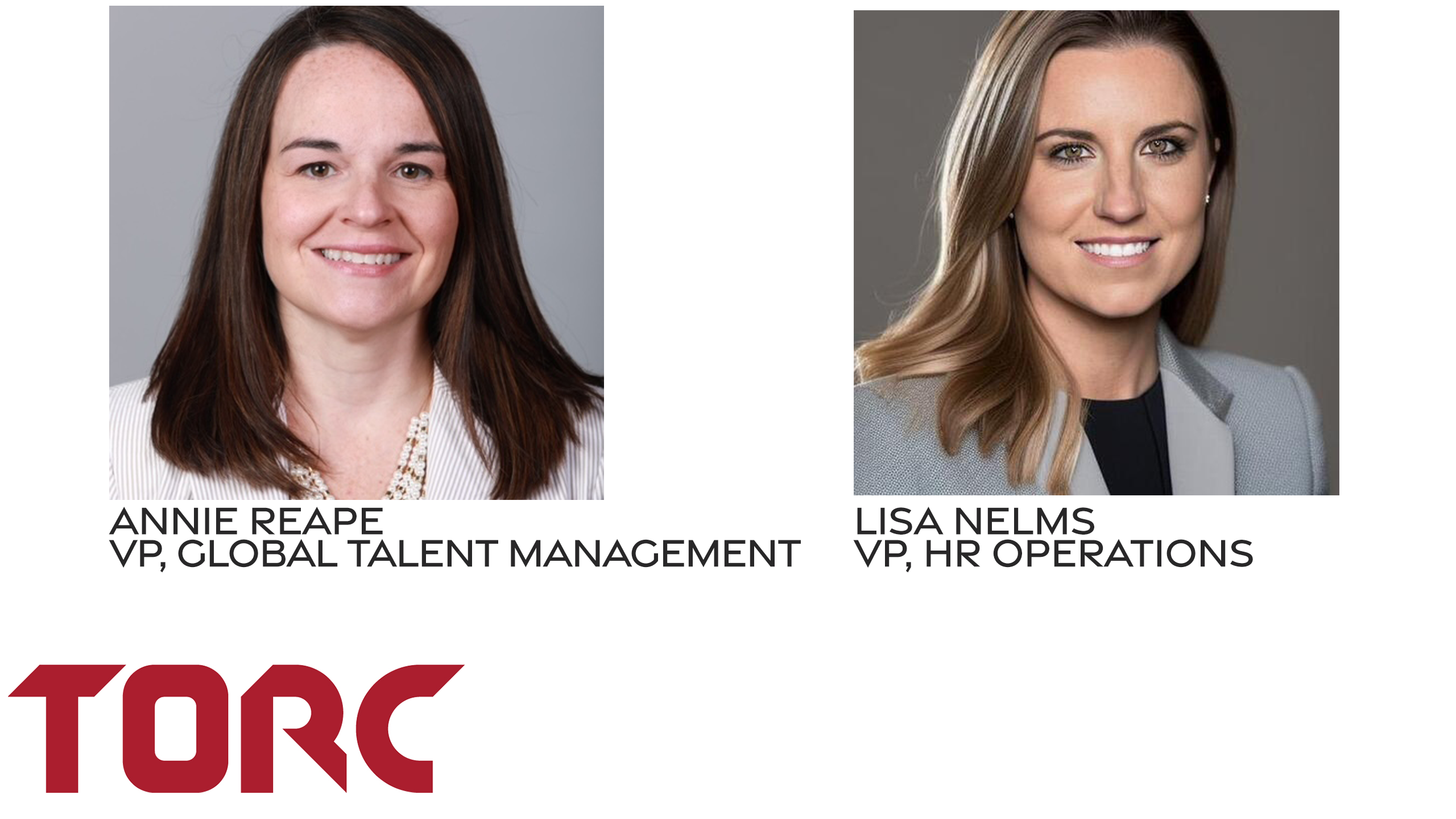
Rebeca Delgado Joins Torc As Vice President, Engineering – Autonomy Applications
BLACKSBURG, Va – September 16, 2025 – Torc Robotics, an independent subsidiary of Daimler Truck AG and a pioneer in commercializing self-driving vehicle technology, today announced the addition of Rebeca Delgado as VP, Engineering – Autonomy Applications, which includes responsibility for the Feature and Model Development groups.
 An accomplished technology leader with more than two decades of experience in semiconductors, edge computing, and automotive systems, Rebeca most recently served as Chief Technology Officer and Senior Principal AI Engineer at Intel Automotive, where she led a diverse, multidisciplinary team in the Automotive CTO Office. In this role, she defined the company’s “whole vehicle” compute strategy, drove AI and high-performance compute innovation, and played a pivotal role in acquisitions and industry standards. Her team was responsible for pathfinding and incubation of next-generation vehicle systems and solutions, blending deep technical expertise with strategic vision and cross-functional leadership.
An accomplished technology leader with more than two decades of experience in semiconductors, edge computing, and automotive systems, Rebeca most recently served as Chief Technology Officer and Senior Principal AI Engineer at Intel Automotive, where she led a diverse, multidisciplinary team in the Automotive CTO Office. In this role, she defined the company’s “whole vehicle” compute strategy, drove AI and high-performance compute innovation, and played a pivotal role in acquisitions and industry standards. Her team was responsible for pathfinding and incubation of next-generation vehicle systems and solutions, blending deep technical expertise with strategic vision and cross-functional leadership.
Rebeca’s career is marked by a steadfast passion for innovation at the edge of compute in vehicles and intelligent systems. She has been instrumental in shaping edge high-performance compute products, crafting roadmaps for autonomous driving, ADAS, and MaaS platforms, and tailoring solutions for global OEMs and Tier 1s. With expertise spanning software, compute architecture, and automotive technology, she has consistently driven industry standards and advanced the future of software-defined vehicles. A recognized thought leader, she frequently speaks at global conferences on mobility, intelligent vehicle platforms, and the evolution of AI-enabled automotive compute. Rebeca was also honored by Automotive News as one of the 100 Leading Women in the North American Auto Industry, highlighting her impact and influence across the sector.
She will be based in the Torc Engineering Technology Hub in Ann Arbor, Michigan.
About Torc Robotics
Torc, headquartered in Blacksburg, Virginia, is a global leader and pioneer in trucking. Founded in 2005 at the birth of the self-driving technology, Torc has 20 years of experience in pioneering safety-critical, self-driving applications. Torc is working toward a complete self-driving vehicle software and integration solution and is currently focusing on commercializing autonomous trucks for long-haul applications in the U.S. In addition to its Blacksburg headquarters and engineering offices in Austin, Texas, and Montreal, Canada, Torc has a fleet operations facility in the Dallas-Fort Worth area in Texas, to support the company’s productization and commercialization efforts, as well as a presence in Ann Arbor, MI, to leverage the autonomous and automotive talent base in that region. Torc’s purpose is driving the future of freight with autonomous technology. As the world’s leading autonomous trucking solution, we empower exceptional employees, deliver a focused, hub-to-hub autonomous truck product, and provide our customers with the safest, most reliable, and cost-efficient solution to the market.
Contacts
Laura Lawton, 408-505-5820
press@torc.ai


